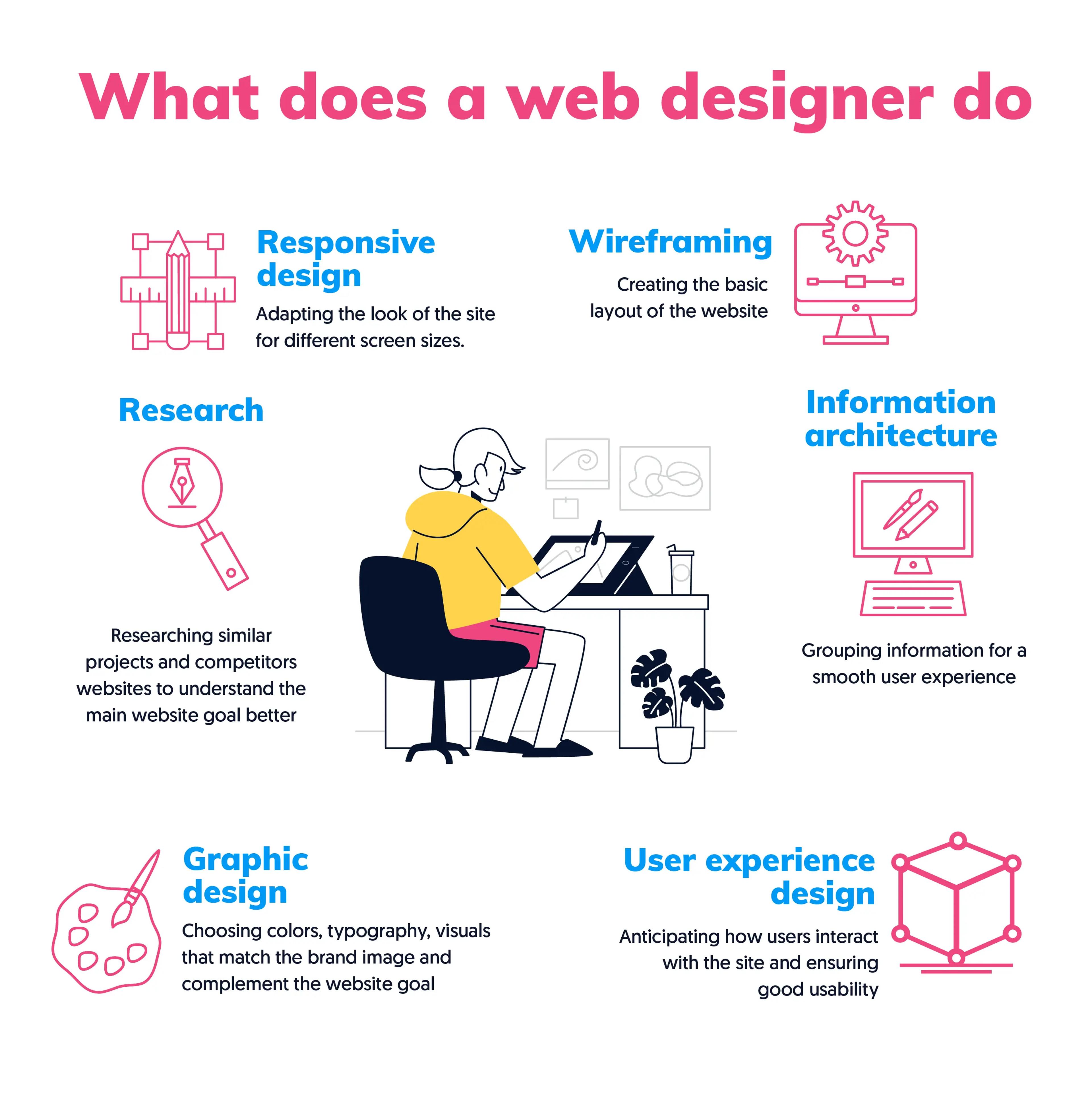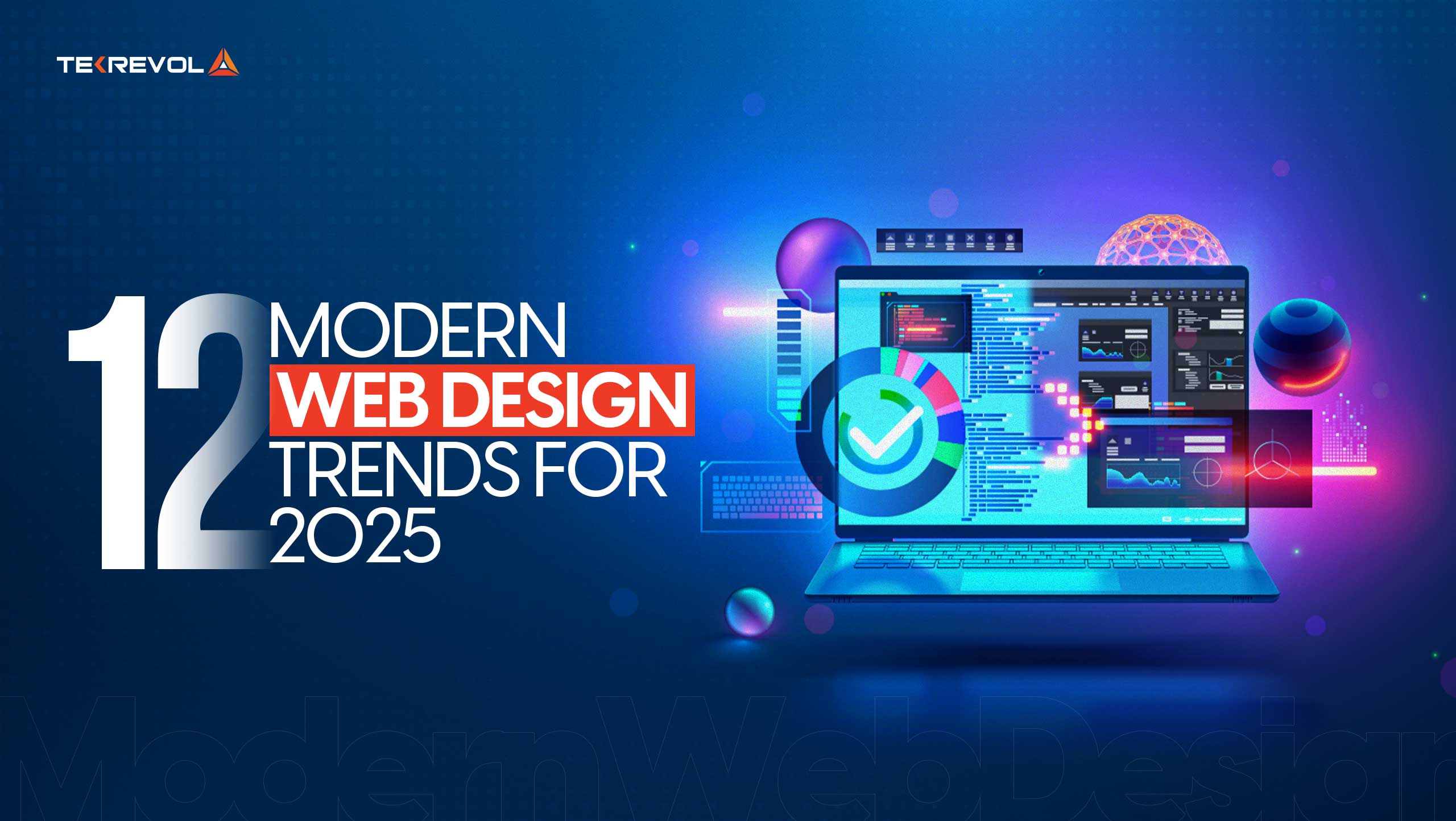Exactly How to Enhance User Experience Via Strategic Website Design
In the world of electronic development, user experience (UX) has come to be the linchpin of successful internet style. A tactical, user-centered approach, stressing aesthetic consistency, instinctive layouts, and receptive style, can considerably improve a website's functionality and charm. As we explore these principles thoroughly, the value of incorporating individual comments and the function of UX in customer retention will certainly likewise be examined, welcoming a much deeper understanding of this crucial aspect of website design.
Comprehending the Importance of Individual Experience in Website Design
The essence of website design lies not merely in looks, yet essentially in the individual experience it provides. Individual experience, or UX, refers to the total experience an individual has while connecting with an internet site or web application, specifically in terms of just how comfy and satisfying it is to utilize (Web Design In Guildford). It is a vital aspect of web style, as it straight influences the users' perceptions, activities, and overall interaction with the web site
A properly designed website with a bad customer experience is akin to a stunning structure with an inadequately planned interior; it may look appealing on the surface area, yet it falls short to offer its intended function successfully. It might hinder customers from remaining on the web site, bring about high bounce prices, reduced customer engagement, and eventually, failure to accomplish the web site's objectives. This highlights the value of incorporating customer experience right into the internet style procedure right from the outset.
Using User-Centered Layout Concepts
The application of user-centered layout concepts starts with comprehending individual habits. This understanding develops the basis for producing a reliable interface style. These 2 essential aspects, when skillfully incorporated, result in an improved customer experience on any type of internet site.

Comprehending Customer Behavior
Why do individuals act the way they do on web sites? Customer actions is determined by a wide range of variables, chief among them being their details requirements and choices, prior online experiences, and total web savviness. The layout of the web site also plays a substantial function. A tidy, user-friendly format can assist users to behave in a particular method, such as leading them towards particular activities or info. Alternatively, a confusing or chaotic design can prevent interaction and bring about high bounce prices. Understanding individual actions includes examining and assessing these patterns and patterns. Using this understanding, web developers can produce much more reliable, easy to use sites that meet the requirements of their target market, therefore improving user experience.
Reliable Interface Layout

Leveraging Responsive Design for Optimum Watching
Progressing in the discourse, the focus now changes to the relevance of leveraging receptive layout for optimal viewing. This involves exploring the process of applying responsive website design and understanding its effect on user experience. The following conversation intends to illuminate the advantages of ideal viewing and just how responsive layout promotes it.
Executing Receptive Internet Design
Taking advantage of the power of responsive web design is an important step in the direction of enhancing individual experience. These elements integrated produce a receptive web design that changes to the individual's demands. While the process may appear complicated, the result is a more obtainable and instinctive internet site, considerably enhancing the customer experience.
Advantages of Ideal Watching

Moreover, responsive layout can bring about boosted SEO positions, as search engines prefer sites that deal with several tools. It can lower bounce prices and enhance conversion rates as users are much less most likely to abandon websites that are very easy to navigate. Hence, optimum watching can significantly enhance customer experience, making it a crucial element of calculated internet style.
Integrating Easy Navigation and Intuitive Layouts
Ease and intuition in internet site navigating form the bedrock of customer fulfillment. If individuals battle to find what they are looking for, they are likely to desert the site and look for options.
Basic navigation food selections, breadcrumb routes, and clickable switches lead individuals with the site easily. Uniformity in layout elements across pages additionally contributes to instinctive navigation. Putting the search bar or the buying cart symbol try these out in the same area on every web page permits users to situate these attributes quickly.
Additionally, an user-friendly design is one that expects customer needs. It positions elements and details where users expect them to be. This lowers the cognitive lots on customers, enhancing their general experience on the website.
The Function of Visual Style in Customer Experience
While the structure and layout of an internet site are significant visit homepage for user experience, the visual style plays a similarly vital role. A messy or inconsistent visual layout can lead and perplex customers to an adverse user experience. Web developers have to purposefully utilize aesthetic design elements to create a instinctive and unified user interface that enhances the general user experience.
Case Studies: Effective Individual Experience Design in Action
Despite the theoretical knowledge on user experience layout, it gets actual value when applied in functional scenarios. Airbnb, an international online industry, efficiently enhanced their individual experience by upgrading their site.
The outcomes were a considerable boost in mobile web traffic and user engagement, showing the efficacy of calculated internet style in improving individual experience. These situation research studies show that functional application of user experience style can generate considerable benefits.
Conclusion
Finally, calculated website design is a vital tool in enhancing customer experience. By using user-centric layout principles, leveraging receptive style, incorporating instinctive navigating and designs, and using the power of aesthetic style, businesses can develop sites that are engaging and pleasing for individuals. Effective website design, showcased via different successful case research studies, considerably increases customer engagement and retention rates, confirming its essential function in electronic success.
As we discover these concepts in detail, the significance of integrating individual comments and the duty of UX in customer retention will certainly also be analyzed, inviting a deeper understanding of this important facet of internet layout.
It Recommended Site may deter users from staying on the web site, leading to high bounce prices, reduced customer engagement, and ultimately, failure to achieve the site's goals. A messy or irregular visual style can lead and puzzle individuals to an adverse customer experience. Internet developers have to purposefully make use of aesthetic layout components to develop a intuitive and harmonious individual interface that boosts the total customer experience. The outcomes were a significant increase in mobile web traffic and user interaction, showing the effectiveness of critical web layout in enhancing customer experience.